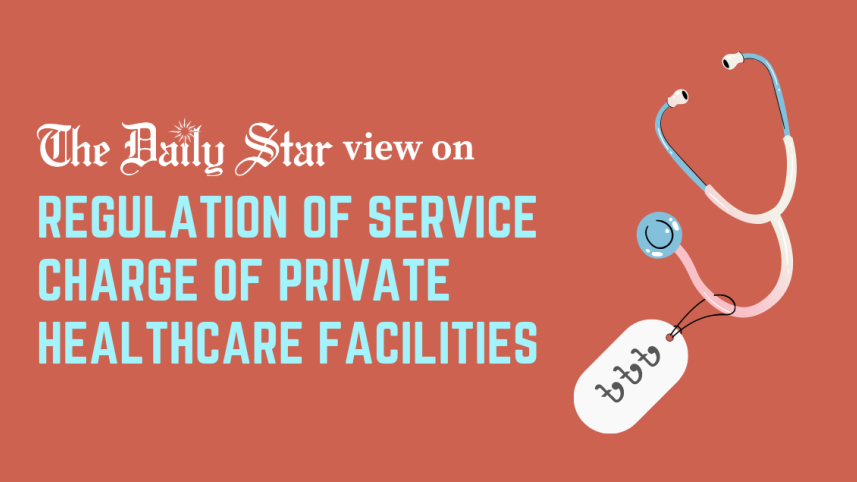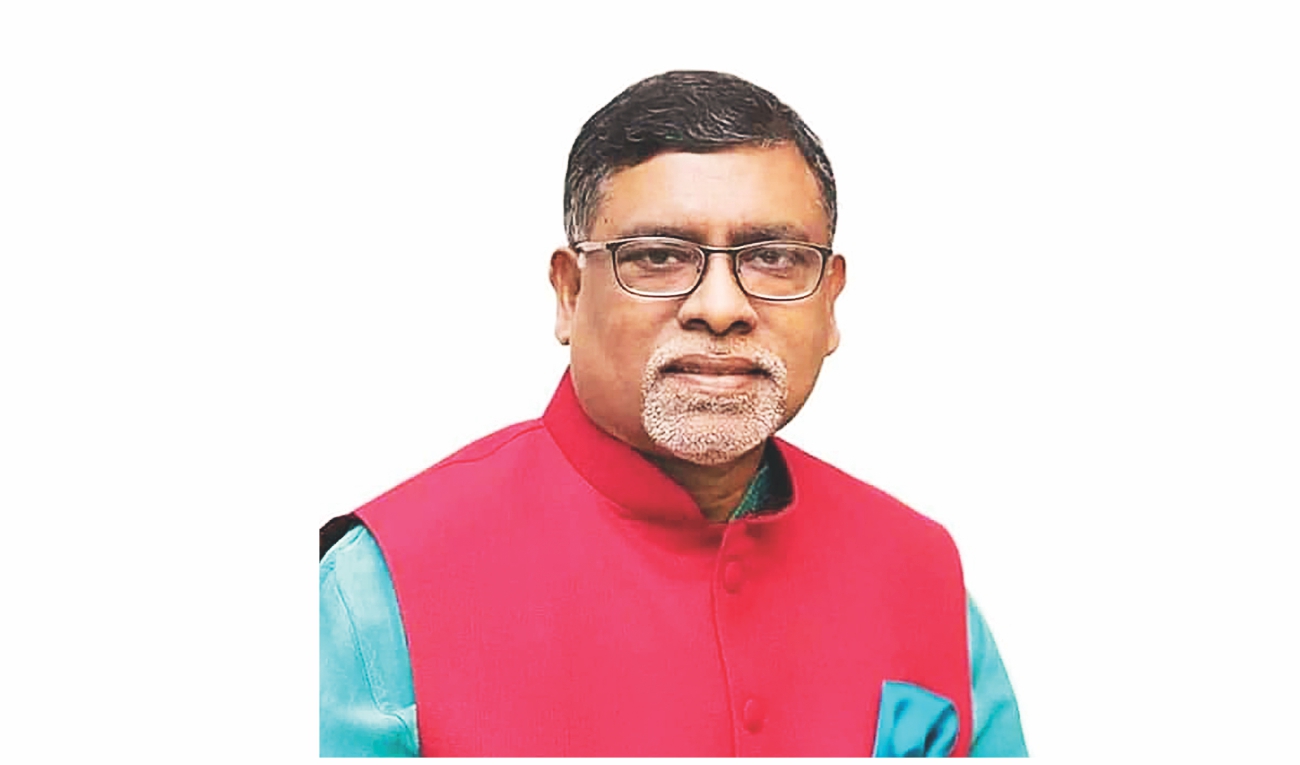Affordable healthcare for all, not profit of a few

Health Minister Zahid Maleque, in a press conference on Thursday, stated that the government would standardise and fix charges for different services provided by healthcare organisations, as well as set a limit on what services they can provide based on their respective capacities. He made the remark following a meeting of the relevant stakeholders, including the authorities of private hospitals and the representatives of the Directorate General of Health Services (DGHS). Given the exorbitant – and oftentimes illogical – fees charged by different private healthcare facilities for the same service, or the substandard services that are provided at these institutions despite the high rates, the DGHS' proposal is no doubt a much-needed move.
However, this is hardly the first time such a proposal has been made. A similar initiative to regulate service charges in 2019 fell through the cracks; health ministry officials blame the pandemic for the failure to implement the proposal over the last three years. Yet, the fact remains that it was precisely during the pandemic that the government should have played a critical role in ensuring fair and ethical charges for services at private hospitals. A study conducted by the Transparency International Bangladesh (TIB) found that, on average, a Covid-19 patient had to spend over Tk 450,000 for treatment at a private hospital, which was more than 12 times the expense at public healthcare facilities. Driven by the crisis of beds at public hospitals, lower- and middle-class people had no choice but to turn to private facilities, with many families having to sell off their assets simply to pay their medical bills. Why did the health ministry remain so oblivious to the plight of the public at a time when they should have acted with the utmost urgency to ease their sufferings?
The situation now is hardly any better. With little to no government control, private hospitals, clinics and diagnostic centres continue to charge approximately 20 times as much as public institutions for the same service. Some institutions charge 32 percent more for the same tests. It is hardly a surprise, then, that a study conducted by the Health Economics Unit (HEU) under the health ministry last year found that the out-of-pocket (OOP) health expenditure in Bangladesh was the highest in South Asia and more than double the global average. Meanwhile, a large number of private healthcare facilities – many without registrations – continue to provide poor quality services and treatment, far beyond their capacity, with very little monitoring from the government.
Access to healthcare is a basic human right and the state should ideally provide this service for free – or at heavily subsidised rates – to the public. Given the overwhelming pressure on the public health sector and the scarce resources allocated towards it in Bangladesh, the private sector has played an instrumental role in filling in some of the gaps and making healthcare services accessible to many in a timely manner. However, there has to be limits on how much more a private facility can charge for the same test, and systems of accountability must be put in place to ensure compliance with government rules and regulations. We urge the government to implement the recent proposal with urgency, prioritising its citizens' well-being over the profits of private facilities.



 For all latest news, follow The Daily Star's Google News channel.
For all latest news, follow The Daily Star's Google News channel. 


Comments